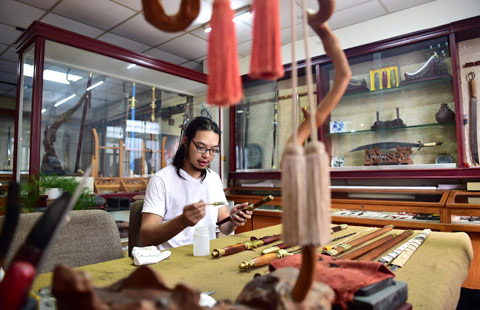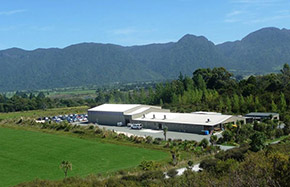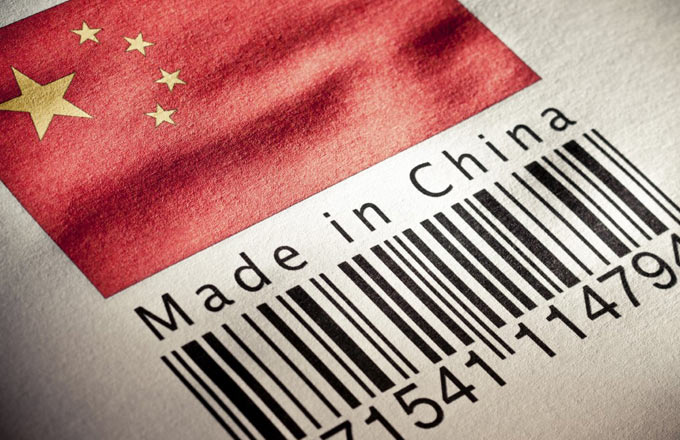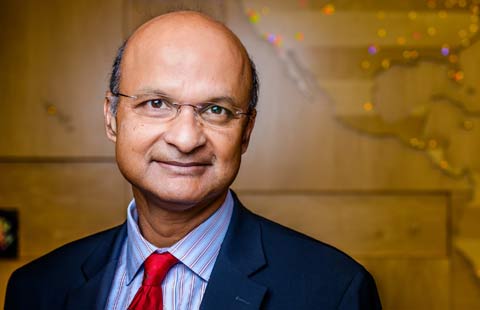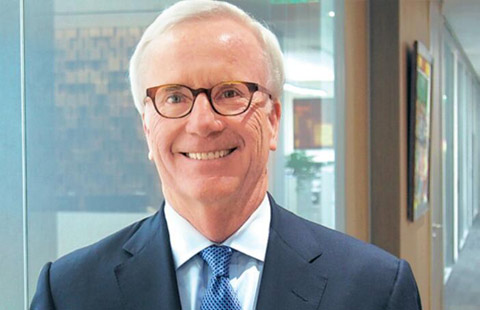Central China ideal for industrial transfers: experts
ZHENGZHOU - China's central region is still the ideal destination for industrial transfers due to the raft of advantages it offers companies, officials and business leaders have said at an expo here.
Evaluating a region's environment for investment not only involves pay levels, but also living costs, land price and supply, innovation capabilities and supporting industries, Xie Fuzhan, governor of central China's Henan province, said on Sunday at a summit of the eighth Central China Expo.
These factors form comprehensive advantages for attracting investment, according to Xie.
"Central China still enjoys relatively low overall costs and obvious advantages in cheap labor over emerging economies such as Vietnam," he said.
As a major platform for attracting investment, the eighth expo kicked off on Saturday, attracting more than 36,000 businessmen, including senior executives of Nestle, Carrefour and other big names from the world's top 500 companies.
The six central provinces -- Shanxi, Anhui, Henan, Jiangxi, Hunan and Hubei -- are home to one-fourth of China's population and account for one-fifth of the country's economic output.
Although the minimum monthly wage in central China has tripled to 1,200 yuan ($194) during the past seven years and land prices have also risen along with the country's urbanization drive, the region remains very attractive for companies, especially multinationals.
Stanley Lim, president of the International Federation of Freight Forwarders Associations, said he was impressed by the infrastructure in central China, such as the good road network in Henan.
Craig Foster, UPS senior vice president for the Asia Pacific region, said the company's air freighters can reach most major destinations in all directions of the country in two and a half hours from the central region.
Foster also lauded the supporting traffic infrastructure in the region, including railroads and superhighways.
Roland Decorvet, chairman and CEO of Nestle China, said at the summit that the central provinces boast high economic growth rate, good agricultural foundation, advantages in raw materials and the position as a transport hub.
China set out its "Rise of central China" strategy in 2004, following similar strategies for the west and northwest of the country, amid efforts to achieve more balanced development nationwide.
The six central provinces all have national-level pilot zones for receiving industrial transfers, granting investors more preferences in terms of taxation and the use of production factors such as land and capital.
The vast market potential in central provinces is another magnet for foreign companies.
There are more than 300 million people in central China, which means a vast population to feed, according to Decorvet.
He said Nestle will open one or two companies in China and will locate more factories in the country's central and western regions in an effort to be nearer to consumers and raw materials.
According to the organizing committee of the expo, the six central provinces drew at least $110 billion of investment from the previous seven expos.
Wang Hui, an expert with the Development Research Institute under the State Council, the country's cabinet, said labor-intensive sectors will take up a major part of industrial transfers to central regions for a relatively long time.
"Meanwhile, capital-intensive and energy-intensive industries will see a larger share of the industrial transfers," Wang added.
He suggested the local government intensify planning efforts to cultivate rational industrial structure and avoid vicious competition.
The view was echoed by Lu Xinshe, governor of Jiangxi, a province rich in mineral resources. He said Jiangxi will raise the "environmental threshold" in accepting industrial transfers.
"Projects that can drive up GDP but damage the environment must not be approved," Lu said.
The expo's organizing committee estimated that this year's event will see the signing of 135 project contracts with investment exceeding 1 billion yuan.
In addition to traditional industries, more projects this year are from emerging industries such as new energy, electronics manufacturing and modern logistics.








